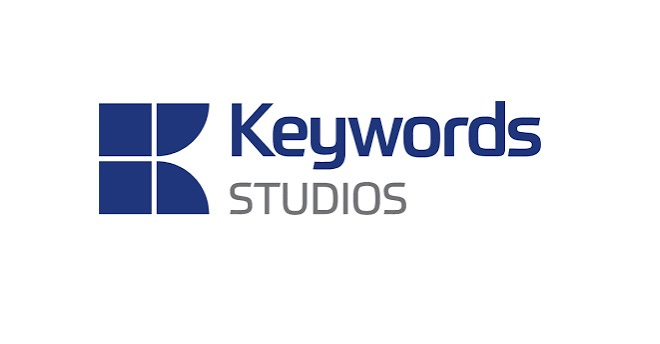The video game industry has silently become the largest entertainment segment in the world. According to the latest Accenture report, there are 2.7 billion gamers worldwide and the industry’s value is estimated at more than $200 billion – much more than what the music and movie industries bring combined. While Disney’s “Star Wars: The Force Awakens” grossed nearly $250 million in its opening weekend, Activision’s “Call of Duty: Modern Warfare II” grossed $800 million in the first three days. And while we all know that Avatar is the highest grossing movie of all time, at $2.9 billion, not many people know that RockStar’s GTA franchise has grossed almost $8 billion since the release of GTA V in 2013.
The industry has undergone a radical transformation in the last decade, changing the way people play video games. The appearance of online gaming, streaming and e-sports have been decisive in transforming an individual and isolated experience into mass entertainment. In the coming years, the industry is expected to growth at a CAGR of 8-9%, mainly thanks to the growing ownership of smartphones in emerging countries, the launch of next generation consoles (which will allow the development of higher definition and more complex games), and also to the new possibilities of virtual and augmented reality.
However, it is important to keep in mind that achieving outstanding long-term returns by investing in listed video game development studios is more complex than it may seem at first glance. Some investors may be lured in by growth prospects or being gamers themselves, and believe that they have more control over the outcome of their investments because, after all, they know the industry and are up to date with what's new. Risks are generally underestimated. Investors should not overlook the fact that there are very few industries where failing to meet customer expectations can result in zero profit on an investment of hundreds of millions of dollars. The first 24 hours after a game is released can be enough to wipe out five years of development work – or worse still, the studio's reputation. Just ask CD Projekt. After spending more than $200 million in the development of “Cyberpunk 2077”, it was one of the biggest video game flops of all time.
Gamers are very demanding customers and often take it personally when a company fails to make the most of its intellectual property. Development studios have a very difficult job because they must find a balance between underpromoting the game and creating too much hype. On top of that, studios have no guarantee that after the success of one release the next one will meet the same fate (CD Projekt’s “The Witcher 3” had managed to sell more than 40 million copies right before “Cyberpunk 2077”). I am not in the least surprised that Electronic Arts, Ubisoft, Take-Two Interactive, Activision Blizzard, Nintendo or Embracer, the world's largest major development studios, have done worse than the S&P 500 in the last five years, the golden era of the video game industry.
However, one can indirectly benefit from the industry’s tailwinds by investing in Keywords Studios (KWS). KWS has the necessary technology and human resources to help studios with game development, and minimal exposure to the success or failure of individual game titles. How is that possible? KWS operates in a niche within the video game industry that has grown and is expected to continue growing above average. Basically, it is an international provider of technical and creative services that provides marketing, game development, art creation, testing, localization, audio or player support services across more than 50 languages and 16 platforms (consoles, AR / VR, mobile, etc) for more than 950 studios around the world. KWS's revenue consists of fixed fees for the services provided that clients pay on a monthly basis (the company has minimal working capital requirements). There are no revenue-share agreements based on how successful the game turns out to be.
KWS is a critical provider in the game development process because it somehow solves a universal problem for all studios. Some of them are not very pleasant places to work in at certain times due to tight production deadlines but, above all, they have always been high-pressure work environments because employees are aware that a large percentage of them will be terminated once the development of the game ends. Studios often receive public backlash or are pressured by unions and governments for these practices and it is quite common to see headlines that echo the problem.
In a way, KWS solves this problem (among others that will be discussed later). The company has effectively exploited its market niche, and it is not surprising that shares have multiplied by nearly 18 times since its IPO in 2013. In little more than a decade, KWS has expanded its revenue from €16.2 million to €690 million (45.5% CAGR) and FCF from €1.8 million to €46 million (38.5% CAGR).






